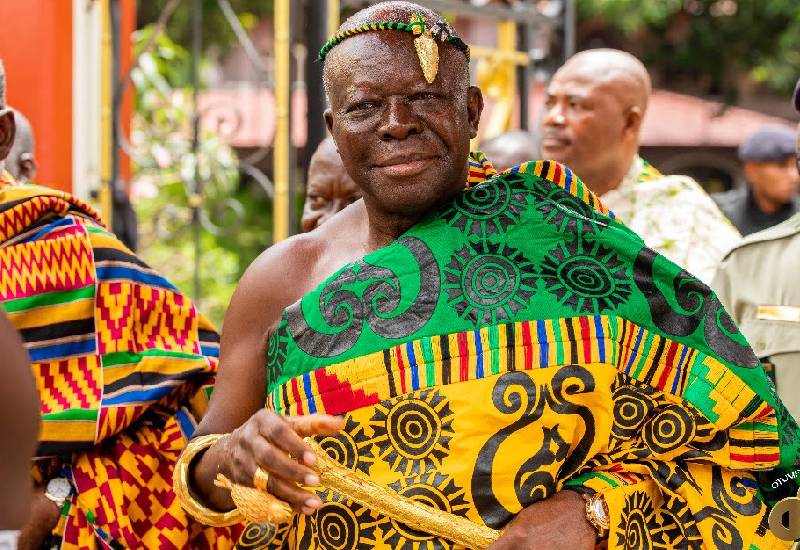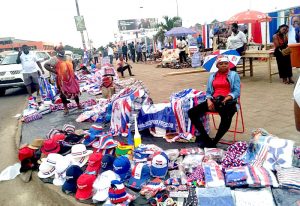By Godwin Owusu Frimpong
Asantehene, Otumfuo Osei Tutu II, has implored political parties to cultivate trust in the Electoral Commission (EC) as the nation gears up for its upcoming elections. His statements reflect a deep-seated urgency amidst rising tensions, notably from the National Democratic Congress (NDC) that plans a nationwide demonstration over reported voter register irregularities.
The backdrop is charged: the NDC’s protests aim to push for a forensic audit of the voter roll, highlighting the precarious balance in Ghana’s democratic process. NDC leaders, including former President John Dramani Mahama, have voiced their discontent, rallying supporters for demonstrations across regional capitals. This unrest signifies not only a challenge to the current electoral framework but also raises broader questions about voter trust, political accountability, and the health of democracy in Ghana.
Amid these frictions, the Asantehene’s message stands as a bold reminder of the foundational principles of democracy. He emphasizes the dual necessity of vigilance and trust—the former urging oversight, while the latter calls for collaboration among political entities. “Changes in the electoral process will occur regardless of the individuals managing it,” he noted, underlining that the integrity of the electoral system must reflect the populace’s will.
His call for tranquility comes as a pivotal moment, especially with local leadership, such as Dormaahene Osagyefo Agyemang Badu II, also expressing concerns over the electoral process. The Asantehene’s suggestion to involve key political figures in public commitments to peaceful campaigns speaks volumes about the need for collaborative governance in ensuring election integrity.
As Ghanaians prepare for what could be one of their most significant elections yet, the echoes of the Asantehene’s words resonate beyond national borders. They serve as a critical reminder to global observers: the quality of democracy hinges not only on institutional integrity but also on the collective will to foster trust among competing political entities. Amidst tensions that could threaten democratic processes, the call for confidence in electoral systems becomes paramount.
The future of Ghana’s democracy and the legitimacy of its electoral processes now rest significantly on the actions and attitudes of its political leaders in the coming days. The choice before them is clear: to embrace the spirit of cooperation that can ultimately safeguard the very democratic rights so hard-won by the Ghanaian people. As the Asantehene aptly pointed out, “Ghanaians will not sacrifice the freedom we have today for any alternative.” The world watches as this narrative unfolds, with lessons for democracies everywhere about the importance of trust, vigilance, and the stewardship of electoral integrity.
Godwin Owusu Frimpong




